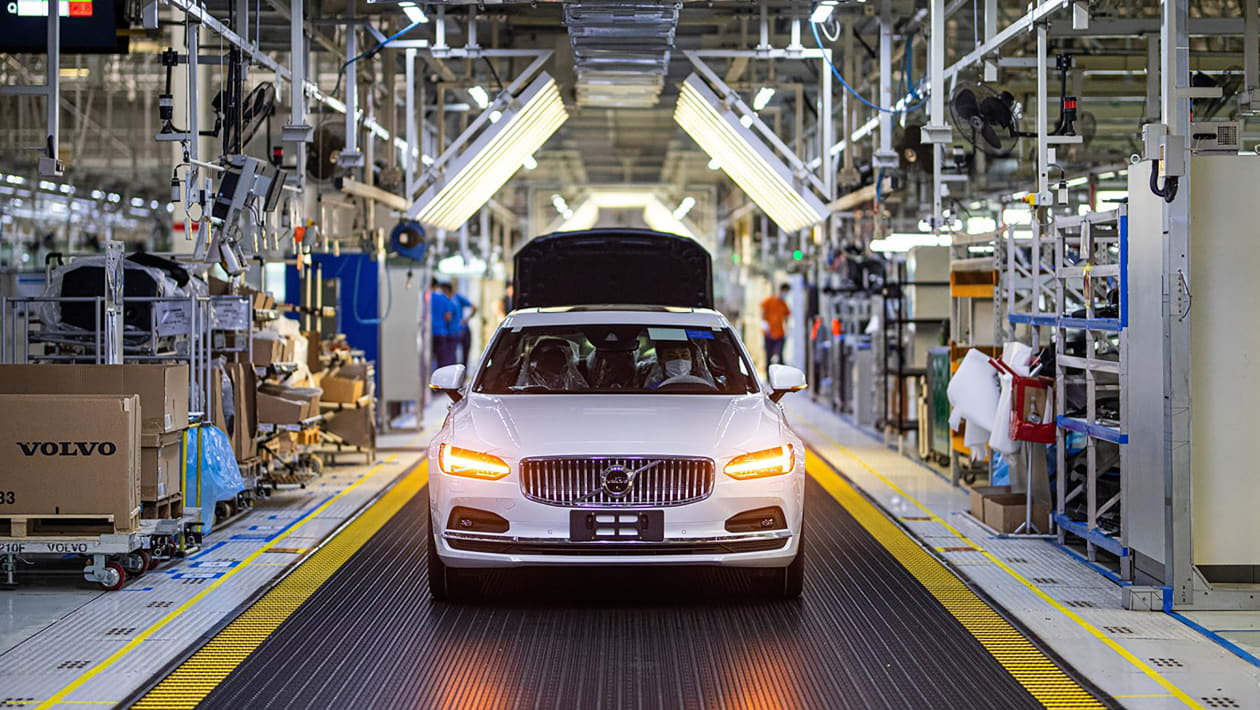
Volvo and the Swedish steel manufacturer SSAB have signed a new partnership to develop fossil fuel-free, high quality steel for use in Volvo’s future car bodies.
The two companies hope the new technology will lower CO2 emissions by removing the industry’s reliance on the fossil fuels normally used in steel production.
Today, the steel industry accounts for around seven percent of global carbon emissions, as the main method of production involves firing iron ore in coking coal-powered blast furnaces. SSAB’s new method will replace the blast furnace and coking coal with renewable electricity and an electric arc furnace. An added benefit of the system is that it can more efficiently use recycled steel scrap as a raw material, which further reduces CO2 emissions.
By 2026, SSAB aims to put its new fossil fuel-free steel on the market at a commercial scale – and Volvo will be the company’s first customer to use the new steel in its production cars.
“As we continuously reduce our total carbon footprint, we know that steel is a major area for further progress,” says Volvo’s CEO, Håkan Samuelsson. “The collaboration with SSAB on fossil-free steel development could give significant emission reductions in our supply chain.”
Volvo says that around 35 percent of its own CO2 emissions are related to steel and iron production in its combustion-engined vehicles. This figure falls to 20 percent in its EVs.
However, Volvo wants more, as it doesn’t think its current efforts fall in line with its ambition of becoming a pure-electric car manufacturer by 2030. As part of the shift, Volvo aims to cut carbon emissions not only from the tailpipes of its vehicles, but also from every aspect of its business; from manufacturing, to sales and aftercare.
The company has already taken steps towards this carbon neutral future. So, Volvo’s new EVs will only be available to buy online, removing the need for resource-hungry showrooms.
Volvo’s car manufacturing plant in Torslanda, Sweden has also become the firm’s second facility to reach carbon neutral status, thanks to more efficient manufacturing techniques and the use of renewable heating sources, such as biogas. It follows on from the company’s Skövde engine plant, which also achieved carbon neutral status in 2018.
Luke Wilkinson



